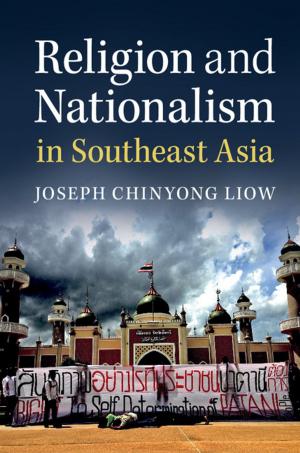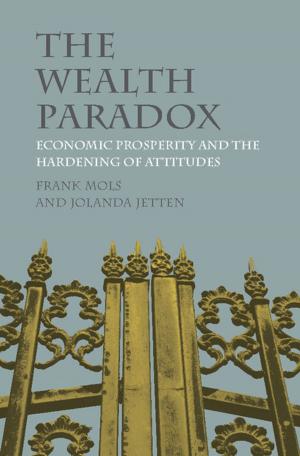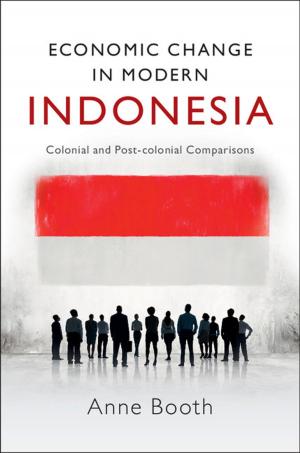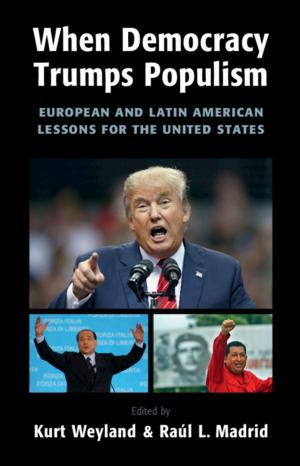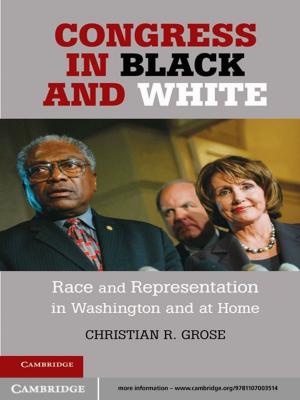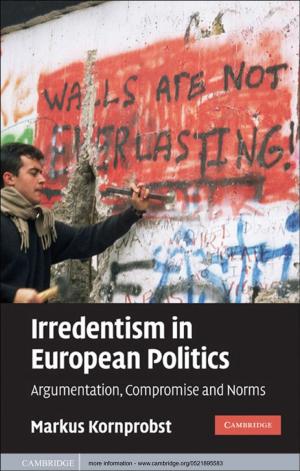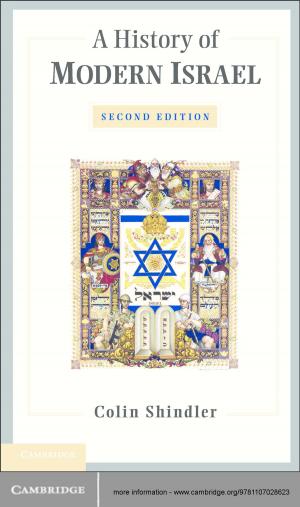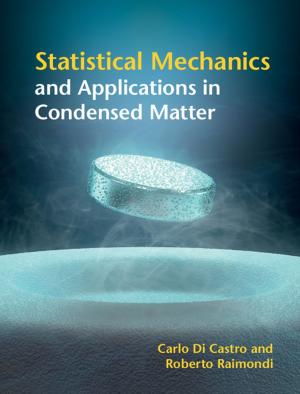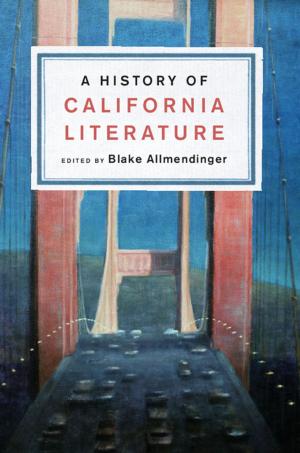Martial Power and Elizabethan Political Culture
Military Men in England and Ireland, 1558–1594
Nonfiction, History, Renaissance, British| Author: | Rory Rapple | ISBN: | 9780511736971 |
| Publisher: | Cambridge University Press | Publication: | January 8, 2009 |
| Imprint: | Cambridge University Press | Language: | English |
| Author: | Rory Rapple |
| ISBN: | 9780511736971 |
| Publisher: | Cambridge University Press |
| Publication: | January 8, 2009 |
| Imprint: | Cambridge University Press |
| Language: | English |
This book studies the careers and political thinking of English martial men, left deeply frustrated as Elizabeth I's quietist foreign policy destroyed the ambitions that the wars of the mid-sixteenth century had excited in them. Until the mid 1580s, unemployment, official disparagement and downward mobility became grim facts of life for many military captains. Rory Rapple examines the experiences and attitudes of this generation of officers and points to a previously overlooked literature of complaint that offered a stinging critique of the monarch and the administration of Sir William Cecil. He also argues that the captains' actions in Ireland, their treatment of its inhabitants and their conceptualisation of both relied on assumptions, attitudes and political thinking which resulted more from their frustration with the status quo in England than any tendency to 'other' the Irish. This book will be required reading for scholars of early modern British and Irish history.
This book studies the careers and political thinking of English martial men, left deeply frustrated as Elizabeth I's quietist foreign policy destroyed the ambitions that the wars of the mid-sixteenth century had excited in them. Until the mid 1580s, unemployment, official disparagement and downward mobility became grim facts of life for many military captains. Rory Rapple examines the experiences and attitudes of this generation of officers and points to a previously overlooked literature of complaint that offered a stinging critique of the monarch and the administration of Sir William Cecil. He also argues that the captains' actions in Ireland, their treatment of its inhabitants and their conceptualisation of both relied on assumptions, attitudes and political thinking which resulted more from their frustration with the status quo in England than any tendency to 'other' the Irish. This book will be required reading for scholars of early modern British and Irish history.


